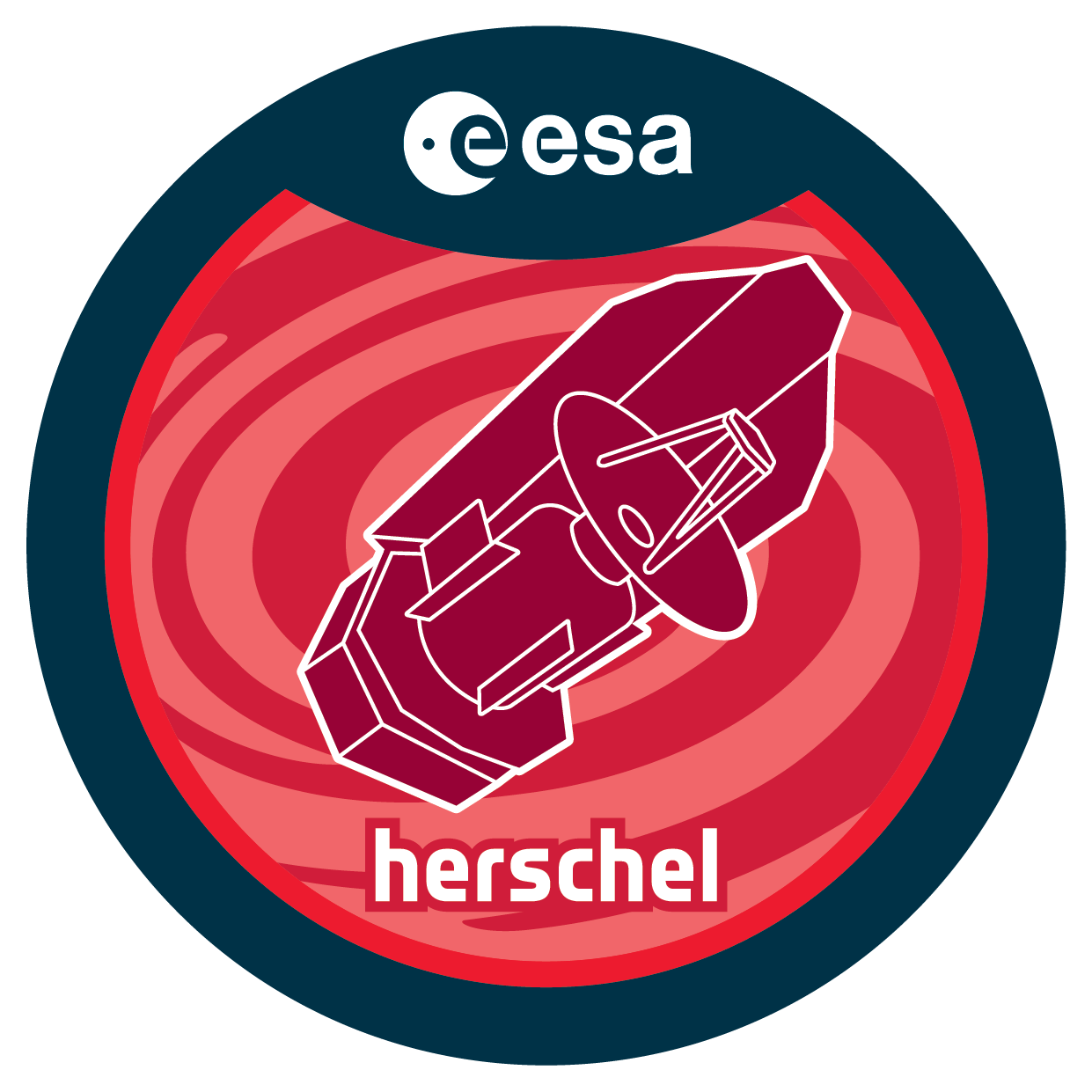

| Name | OT1_gsacco_1 |
| Title | Characterizing the evolved, planet-forming disks orbiting the old classical T Tauri systems V4046 Sgr and MP Mus |
| URL | http://archives.esac.esa.int/hsa/whsa-tap-server/data?retrieval_type=OBSERVATION&observation_id=1342224753&instrument_name=PACS&product_level=LEVEL0&compress=true |
| DOI | https://doi.org/10.5270/esa-3o5bk3v |
| Author | sacco, g. |
| Description | V4046 Sgr and MP Mus are the second and the third closest knownclassical (actively accreting) T Tauri systems, respectively (theintensively studied TW Hya being the closest). We have recentlyestablished that, like TW Hya, both systems are orbited by dusty,molecular disks. Given their proximity (d<100 pc), ages (~10 Myr), andmasses (0.7-1.2 solar masses), these three systems representreadily-studied analogs of the young sun during the crucial, late phasesof the star formation process, when the circumstellar disk still retains asignificant gaseous component and giant planets likely are forming or have recently formed.Furthermore, the close binary V4046 Sgr affords an unusual opportunity to investigate planet formation within circumbinary disks. We propose to observe the V4046 Sgr and MP Musdisks using Herschels PACS and SPIRE spectrometers with the complementary aims of (1) measuring the detailed spectralenergy distribution of the continuum dust emission between 55 and670 micron and (2) detecting the brightest atomic emission lines.These data, together with the comprehensive suite of X-ray,mid-infrared and radio observations we are already collecting for thesetwo systems, will allow us to fully characterize thephysical properties of both the dust and the gas components of theircircumstellar disks and to investigate the effects of high energy emission from the central star on the evolution of the circumstellar, planet-forming environment. |
| Publication | |
| Instrument | SPIRE_SpireSpectrometer_, PACS_PacsRangeSpec_point |
| Temporal Coverage | 2011-07-25T21:33:30Z/2012-07-24T12:41:22Z |
| Version | SPG v14.2.0 |
| Mission Description | Herschel was launched on 14 May 2009! It is the fourth cornerstone mission in the ESA science programme. With a 3.5 m Cassegrain telescope it is the largest space telescope ever launched. It is performing photometry and spectroscopy in approximately the 55-671 µm range, bridging the gap between earlier infrared space missions and groundbased facilities. |
| Creator Contact | https://support.cosmos.esa.int/h®erschel/ |
| Date Published | 2013-01-24T10:11:48Z |
| Last Update | 2025-01-24 |
| Keywords | Herschel, HSC, submillimetre, far-infrared, HIFI, PACS, SPIRE |
| Publisher And Registrant | European Space Agency |
| Credit Guidelines | European Space Agency, sacco et al., 2013, 'Characterizing the evolved, planet-forming disks orbiting the old classical T Tauri systems V4046 Sgr and MP Mus', SPG v14.2.0, European Space Agency, https://doi.org/10.5270/esa-3o5bk3v |